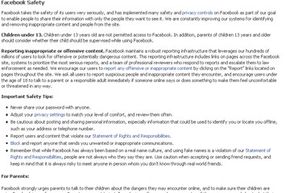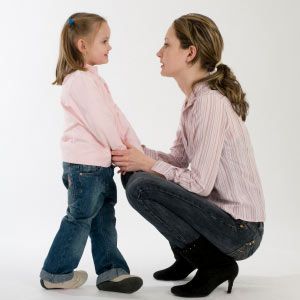The Internet gives children the opportunity to access information on an unprecedented level. Kids pick up sophisticated Web surfing habits early on. Many of them realize that most of their questions can be answered after a simple Internet search. And through social networks like Facebook, kids can keep up with what their friends are up to even if they're hundreds of miles away.
But is all this access safe for kids? According to Facebook's page on safety, the answer is no. That's why Facebook has an age limit on who can create a profile. No one under 13 years old can create a Facebook profile. In fact, the safety page states that they "are not permitted access" at all [source: Facebook].
Advertisement
Considering some of the games and features you can find on Facebook, this policy might come as a surprise. Games like Farmville and Happy Aquarium have cartoonish graphics that appeal to kids. But Facebook has other features that make it unsuitable for children.
If you look into the history of Facebook, you'll see that the site wasn't designed with kids in mind. Founder Mark Zuckerberg launched the site -- then called "the facebook" -- in 2004 as a networking site for students and faculty at Harvard. The site was an overnight success and soon Zuckerberg extended it across other colleges. For the first two years of its existence, only college students and faculty could create Facebook accounts.
In 2006, Facebook became an open social networking platform for anyone with a registered e-mail address as long as they also were at least 13 years old. Since Facebook wasn't built with children in mind, it's no surprise that the site isn't a great fit for kids.
Advertisement



